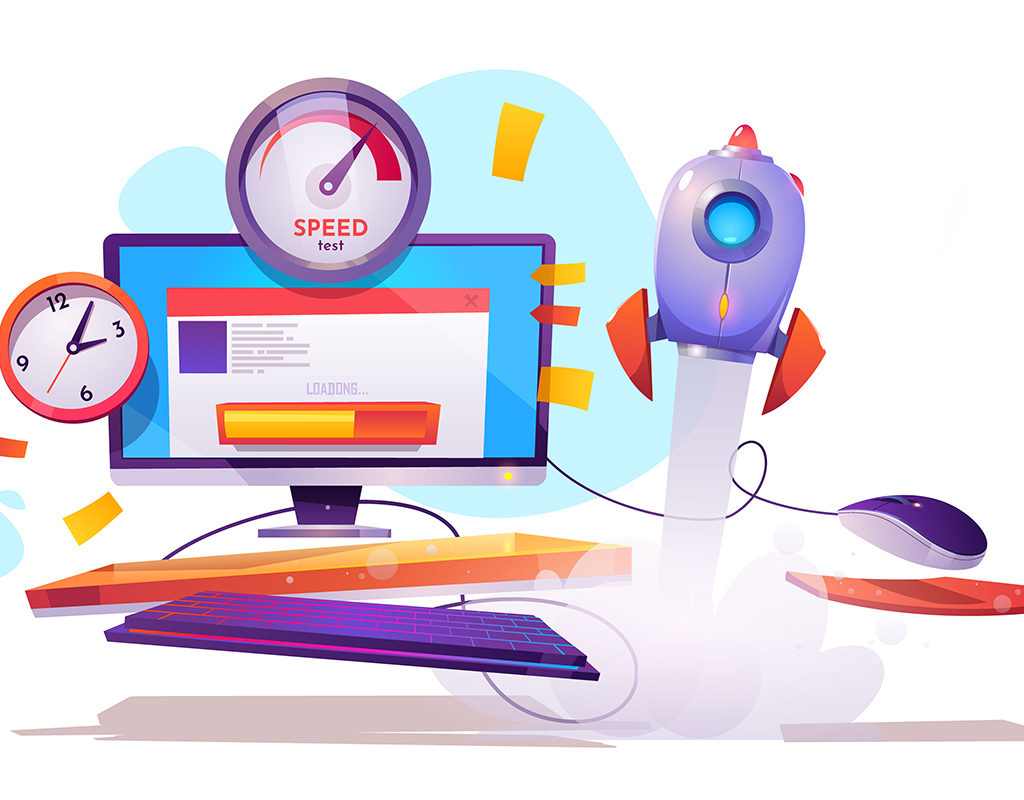In today’s fast-paced digital world, website speed has become more important than ever before. A slow-loading website can have a negative impact on both user experience and search engine optimization (SEO). In this article, we’ll explore why website speed is important and the impact it can have on your website’s success.
User Experience
User experience is a critical factor in the success of any website. When users visit your website, they expect it to load quickly and smoothly. If your website takes too long to load, users may become frustrated and leave before they have a chance to see your content or make a purchase. Some of the ways in which website speed can impact user experience include:
- Slow loading times can cause users to lose interest and abandon your website
- A fast-loading website can improve user engagement and lead to higher conversion rates
- Users are more likely to return to a website that loads quickly and provides a good user experience
Search Engine Optimization
Search engine optimization (SEO) is another critical factor in the success of any website. Search engines like Google take website speed into account when determining search engine rankings. If your website is slow to load, it may be penalized in search engine rankings, leading to lower visibility and fewer clicks. Some of the ways in which website speed can impact SEO include:
- Search engines use website speed as a ranking factor, meaning that faster-loading websites are more likely to rank higher in search engine results pages (SERPs)
- Slow loading times can increase your website’s bounce rate, which is a negative signal to search engines
- A fast-loading website can improve user engagement, which can lead to higher dwell time and more social signals, both of which are positive signals to search engines
Best Practices for Improving Website Speed
Now that we know why website speed is important, let’s explore some best practices for improving your website’s loading time. Some of the most effective ways to improve website speed include:
- Minimize HTTP requests by reducing the number of images, scripts, and other resources on your website
- Use a content delivery network (CDN) to reduce the distance between your website’s server and your users
- Optimize images by compressing them and reducing their size
- Minify and compress CSS and JavaScript files to reduce their file size
- Enable browser caching to reduce the number of requests made to your server
- Use a fast and reliable hosting provider
Conclusion
Website speed is an important factor in the success of any website. A fast-loading website can improve user experience, increase engagement, and improve search engine rankings. By following best practices for improving website speed, such as minimizing HTTP requests, using a CDN, optimizing images, and compressing files, you can ensure that your website loads quickly and provides a positive user experience.

